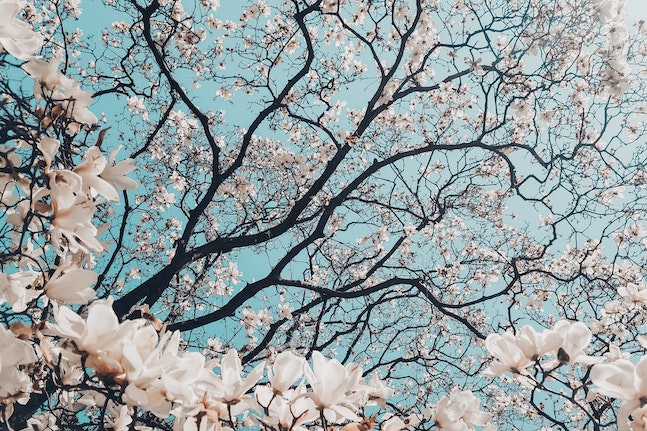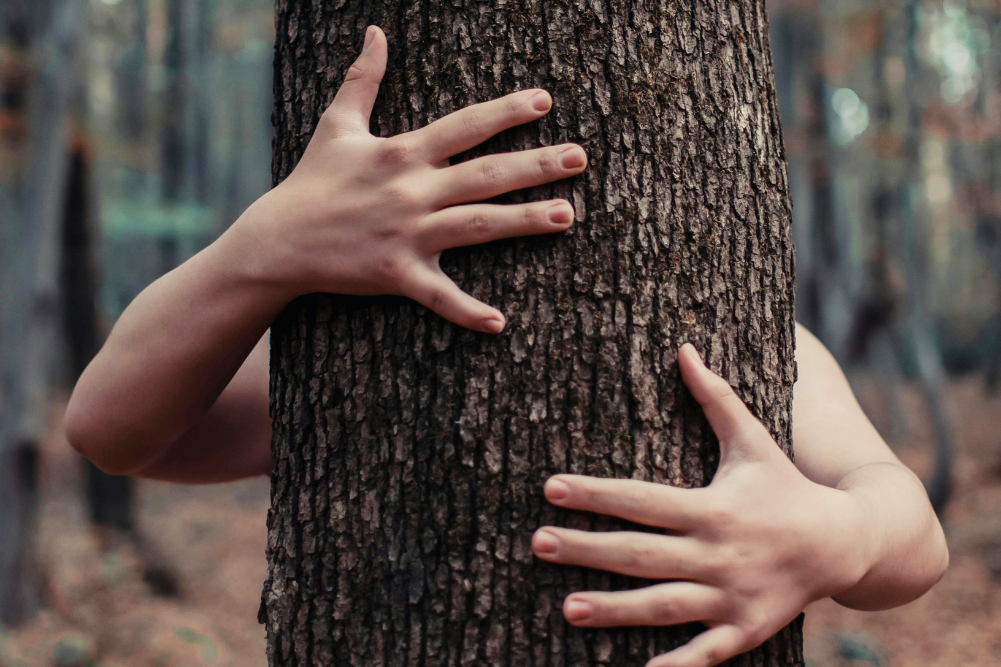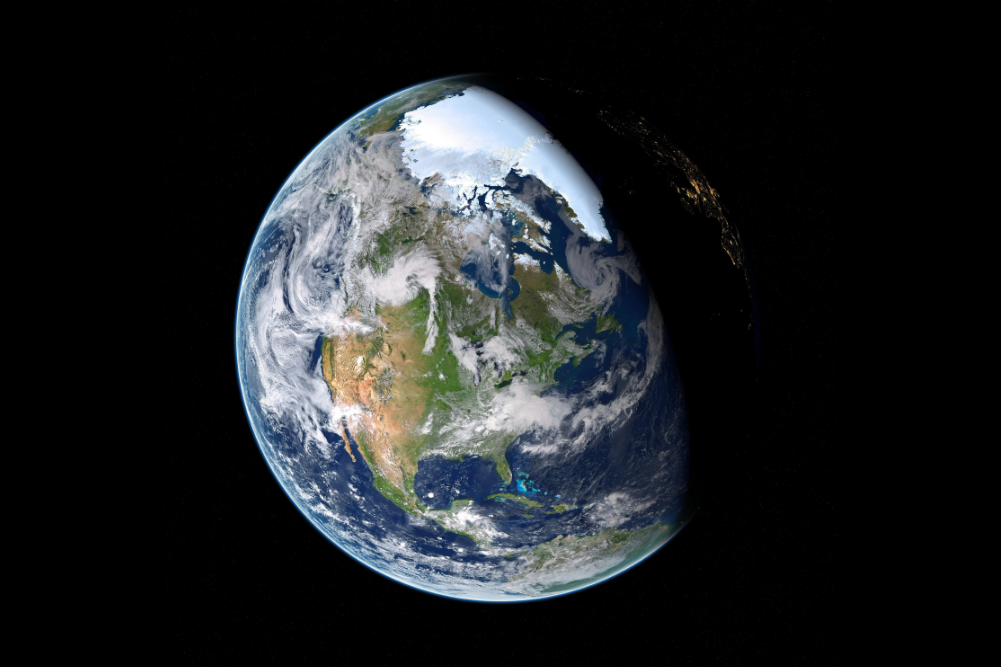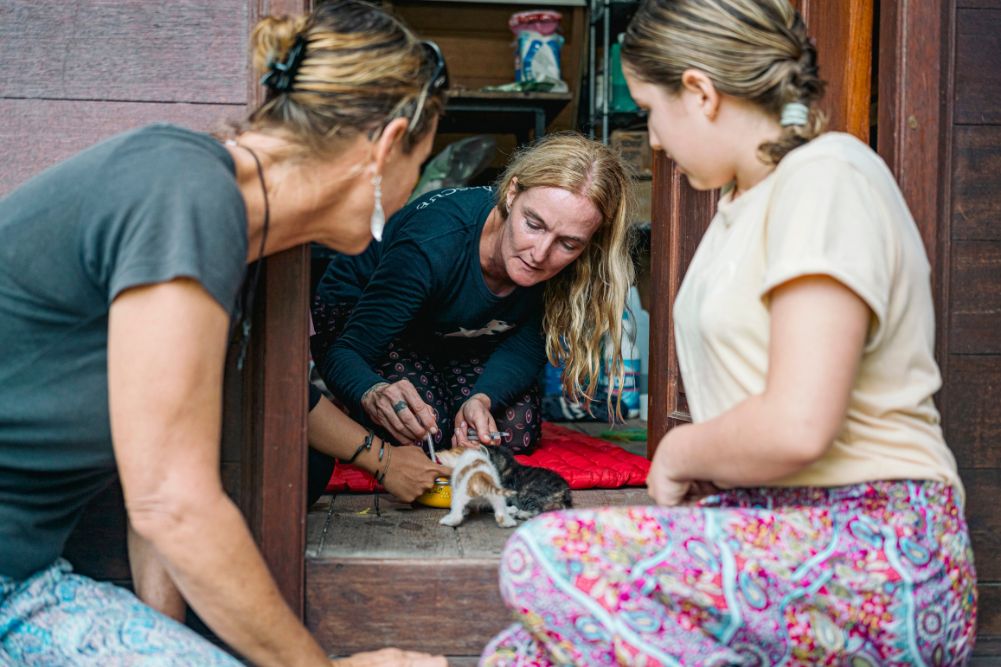For the love of trees: Ways to help our planet
To save the world, we could plant trees. Trees can absorb the CO2 and the pollutants from air and soil, and cool the world with dappled leaves. Their susurration, that gentle sound of rustling leaves, calms us, soothes us and gives us joy.
More trees mean food for wildlife, home for wildlife large and microscopic. They give the best of foods, from the almonds I have for breakfast to the avocados for lunch and the apples and oranges I eat during the day. And no, I don’t think the people of the world are going to plant enough, not even to counteract all the trees being chopped down or poisoned.
As a gift to the earth, to us and to future generations, please plant trees. I’ve just planted eight trees. I keep promising my family I will not plant more — though I give trees as gifts to others throughout the year — but when we thinned out the loquat grove there was a sunny patch left free. So, in went five native limes, three with red flesh and two with yellow: we only have green-fleshed native limes so far, with their gorgeous “vegan caviar” globules bursting with juice. Red and yellow native limes spilling their spheres onto the plate will be a delight.
The other two were a fig tree and a macadamia tree. I don’t like figs but they’re excellent to give way. The macadamia tree, because it is impossible to have too many macadamias. The kids love the challenge of cracking them with the macadamia press, and like all nuts macadamias have the best, creamiest flavour fresh from the shell.
And yes, of course you have room to plant a tree. Plant two potted bay trees either side of your front door, or dwarf peaches on the patio. Grow a potted allspice by a sunny window as an indoor plant, with leaves of such glorious fragrance you will realise why spices were once the most precious commodity in the world. Stale spices are used so lavishly these days that the sharp, rich scent of fresh ones is a shock.
Offer a tree or two to the local school — a white mulberry perhaps, that will provide shade and give fruit for small hands to pick but won’t stain their uniforms like black mulberries. Give a gingko tree to your local retirement village or nursing home. Gingkos are a symbol of the wisdom of age, which our culture doesn’t celebrate enough.
Become a feral gardener and raise trees from seeds. An apple that has been chilled for six weeks will possibly give you 20 more apple trees from its seeds. If you grow enough seedling trees you can afford to plant them on footpaths, vacant blocks, the corner of dismal gardens. And yes, probably most of your seedlings will be pulled out. But if just one lives to fruit for generations it will be a gift of leaves and sweetness and the sheer fulfilment of picking something from this generous planet.
Any tree you plant that lives and gives the world its leaves and tree song for a generation or 100 years is a triumph.
What to plant? Lemon trees, of course. It’s a rare day when I don’t use a lemon or three over veg or in salads or just to bring out the flavour in soups or stews. There would have to be spotted gums, because I love them, and angophera trees for the bees, red gums and red ironbark for timber, and at least three species that koalas munch. And where would life be without oranges, almonds, chestnuts and macadamias?
The best trees to plant are the ones that call to you. An English friend fell in love with snow gums, each small tree twisted in the most individual way. She filled her (large) garden with them, underplanted with roses, which should have looked odd but looked like paradise, with seats here and there to sit and listen to tree song while smelling the roses, as each of hers had its own perfume.
My grandmother-in-law adored English oaks, and I planted two for her when she died. Now, nearly 40 years later, my grandchildren play under their canopy, and love them. I haven’t told them yet who they were planted for — when they are older, perhaps. There is the blue gum that was also a memorial tree, and the two pomegranates that a friend adored. She loved chocolate, too, but we have the wrong climate for that.
I plant olives for the birth of children in the family — long-lived, sturdy trees — and almonds for the birth of my god-daughter, who it turns out adores almond milk. I planted another when her daughter was born, but haven’t got around to telling her yet. Then there are the trees that friends gave me to mark birthdays and anniversaries. My life is in the trees that grow around me.
And if there is no tree you know that you love? Wander in a park until you find one that seems to call to you to sit by it, then take a photo of it so you can find out what kind of tree it is, and what it needs, which will probably be “space” if grown in a park.
If it’s too enormous for your available land or pot, decide what fruit you love most instead (though if you live in Hobart and the answer is mangoes choose again, as even if you can manage to have mangoes fruit in Hobart, they won’t be sweet). I’ve achieved bananas and pawpaw despite our –9°C frosts, but it was an almost useless victory, as the fruits are entirely tasteless without their proper ration of heat and sun. But only “almost”, as every time I look out the bathroom window at the banana, I grin just a little smugly, just as I smile when I see our pawpaws too. Who knows? Maybe one day their fruit will be sweet.
Maybe one day, too, this species will realise how much trees can heal the earth, and not just how desperately the earth needs nurturing, but how much power we have to do it. Any tree you plant that lives and gives the world its leaves and tree song for a generation or 100 years is a triumph.








